
In the pursuit of a healthier lifestyle that guards against prevalent chronic diseases like heart disease and type 2 diabetes, anti-inflammatory foods can be a game-changer. The beauty of this dietary approach lies in its accessibility, with no need for elusive or costly ingredients like powders or supplements.
Harnessing the natural potency of anti-inflammatory foods is key. Red wine, grapes, and various berries house flavan-3-ols, compounds renowned for their inflammation-fighting prowess. Additionally, the fiber found in legumes, whole grains, fruits, and vegetables serves as fuel for beneficial gut microorganisms, producing butyrate—a short-chain fat known for its anti-inflammatory properties, safeguarding against heart disease and potentially offering cognitive benefits.
For a well-rounded anti-inflammatory diet, experts recommend a plate filled with vegetables and fruits, complemented by lean proteins and whole grains.
8 classes of anti-inflammatory foods
Non-Starchy Vegetables
All vegetables boast anti-inflammatory properties, emphasizing the importance of a diverse selection. Follow the Dietary Guidelines for Americans, incorporating dark green, red, and orange vegetables.
– Asparagus
– Bitter melon
– Cruciferous vegetables (Arugula, broccoli, bok choy, cabbage, cauliflower, radish, turnips, watercress)
– Eggplant
– Garlic
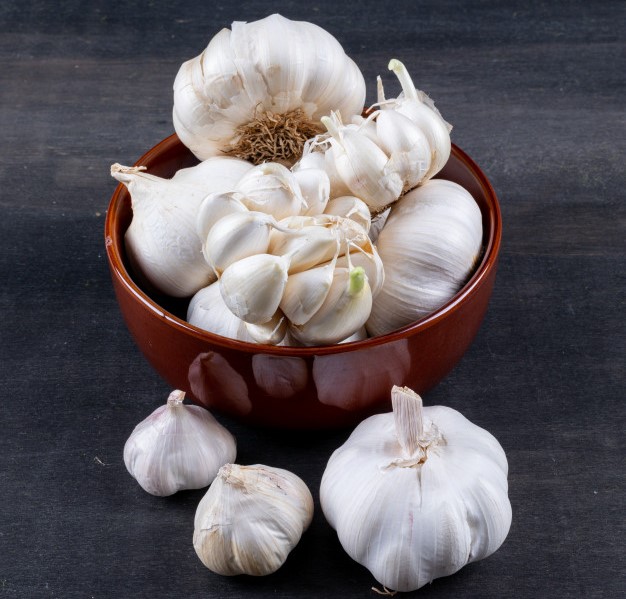
– Greens (Chard, purslane, spinach, and other cruciferous greens)
– Mushrooms
– Okra
– Onions
– Root vegetables (Carrot, celery, salsify, and other cruciferous root vegetables)
– Seaweed
– Tomato
Fruits
All fruits contribute to the fight against inflammation. Practice moderation with fruit juices due to their concentrated natural sugar content; focus on consuming whole fruits instead.
– Apples and pears
– Apricots, nectarines, and peaches
– Berries (blackberries, blueberries, strawberries, raspberries)

– Citrus (oranges, grapefruit, lemons)
– Dates
– Grapes
– Melons
– Tropical fruits (bananas, mango, papaya, pineapples)
Legumes and Starchy Vegetables
Rich in nutrients and fiber, legumes play a role in reducing the risk of inflammatory conditions like heart disease and obesity.
– Legumes (Chickpeas, lentils, pinto beans, soy – tofu and edamame)
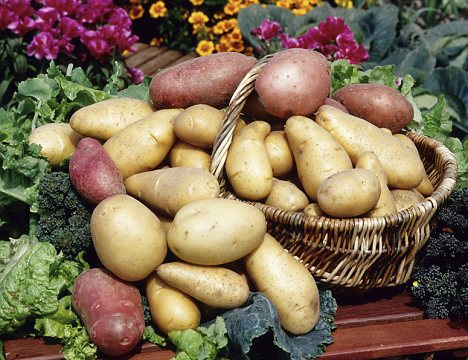
– Potatoes with skin
– Sweet potatoes with skin
Whole Grains
Whole grains, containing both bran and germ, are crucial for their fiber content and various anti-inflammatory compounds.
– Barley
– Brown rice
– Buckwheat
– Millet
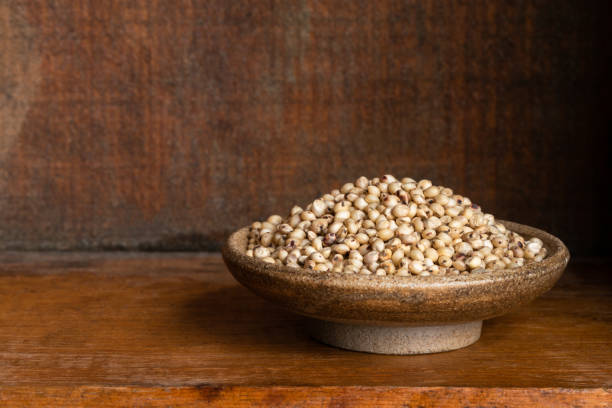
– Oats
– Sorghum
– Whole rye
– Whole wheat (bulgur wheat, wheat berries)
Nuts and Seeds
Packed with nutrients, nuts and seeds offer anti-inflammatory benefits, including vitamin E and ellagitannins.
– Nuts (Almonds, cashews, chestnuts, hazelnuts, pine nuts, pistachios, walnuts)
– Seeds (Pumpkin seeds, sunflower seeds, sesame seeds)
Protein-Rich Foods
Opt for plant-based proteins and omega-3-rich fish for maximum anti-inflammatory impact.
– Fish (halibut, herring, mackerel, salmon, sardines)
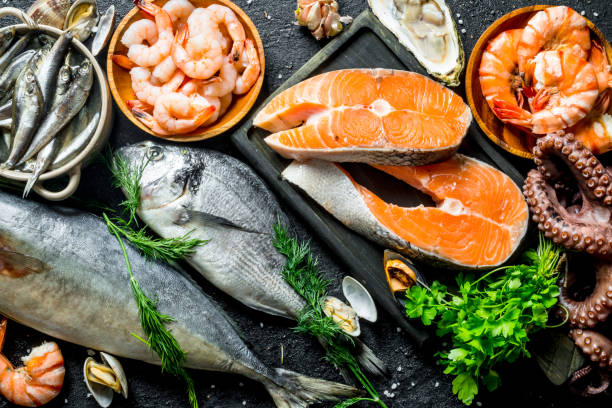
– Soy foods (tofu, tempeh, edamame)
– Other legumes (black beans, chickpeas, fava beans, lentils)
Fats
Embrace healthy fats, such as those found in extra-virgin olive oil and avocados, renowned for their anti-inflammatory properties.
– Avocado
– Extra-virgin olive oil
Herbs and Spices
Many herbs and spices possess anti-inflammatory properties, blocking pro-inflammatory cytokines.
– Herbs (Dill, marjoram, mint, parsley, oregano, rosemary, sage, tarragon)
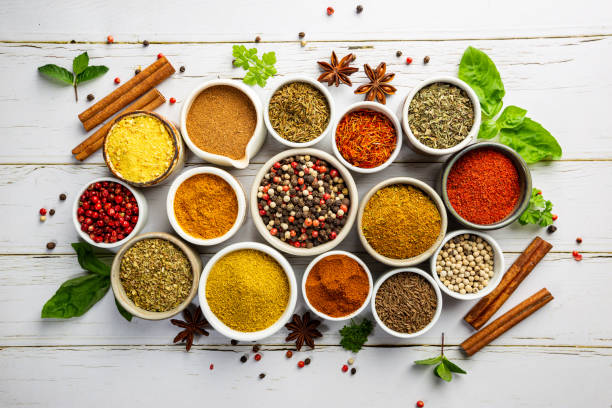
– Spices (Allspice, cayenne pepper, cloves, coriander, cinnamon, cumin, ginger, fennel, black and pink pepper, saffron, turmeric)
Incorporating these anti-inflammatory foods into your diet can be a transformative step towards overall health and well-being. Remember, it’s not just about what to include but also being mindful of moderation and balance. Embrace the richness of nature’s bounty to nourish your body and fight inflammation effectively.

